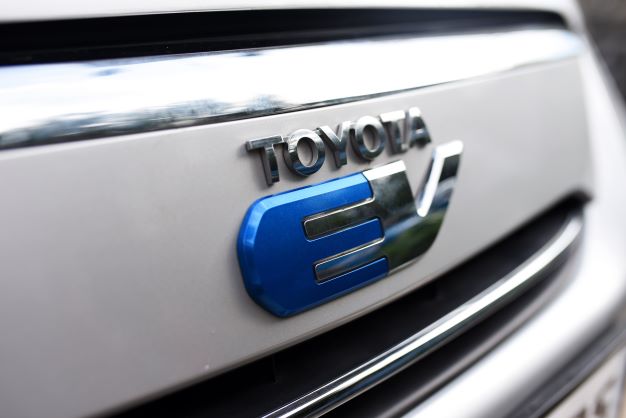Brian McCowan, Zondits staff, 7/18/2022
Toyota has been under increasing criticism for not moving as fast as other manufacturers in developing and marketing EVs. Once considered a leader in cleaner automobiles with the introduction of the hybrid Prius in 1997 followed by a plug-in hybrid Prius, climate-conscious consumers have increasingly turned their attention toward 100% electric vehicles marketed by Tesla, Kia, Hyundai, Chevrolet and others. Now new firms such as Rivian, and long-established manufacturers including Mercedes and Volvo, are also rapidly expanding into EVs. Toyota’s chief scientist and CEO of the Toyota Research Institute, Gill Pratt states that EVs are not a “silver bullet” solution.
In an interview with the U.K. magazine Autocar, Pratt states that there is too much “hype” surrounding EVs and that is causing the public to ignore other technological solutions. “The mistake being made now is that some people think EVs are the silver bullet. There’s so much genuine good being done to reduce CO2, and I think reduction targets are a great thing to measure the outcomes. But I really worry in the short term that prescribing the way to accomplish that reduction is going to result in an oscillation.”
Toyota has recently introduced its first 100% EV but continues to focus on hybrid designs and has introduced the hydrogen fuel cell Mirai for the California market.
The following is excerpted from a July 12 The Drive article regarding Toyota’s clean vehicle strategy:
“Most of their (EVs) problems stem from their batteries that, among many things, are heavy, made with materials of limited availability, and result in tremendous CO2 emissions during manufacturing. Pratt says these problems aren’t inherent but considers it foolish to expect them to go away on their own. Instead, he says it’s best to use our current battery supply efficiently.
When it comes to hybrids, Pratt is specifically a proponent of plug-in hybrids (PHEVs) that he considers immediately advantageous over EVs for several reasons. They don’t have the inflexibility of EVs, meaning independence from inconsistent charging infrastructure and thus diminished resistance to adoption. They use less battery material than EVs and use it more efficiently. Pratt was adamant that they as well as other technologies must be taken into account, rather than “prescribed” the way EVs are.
Pratt also emphasized the potential of hydrogen, which like PHEVs, is a technology his employer has vocally supported instead of EVs. To his credit, Pratt understands why he could be accused of having a vested interest in hydrogen fuel cells over EVs as Toyota does. But the evidence is in his favor: EVs can’t fill every niche. You can’t force a single solution to every problem, and too hastily committing to that solution doesn’t leave room for circumstantially more appropriate solutions.”
Read the full article from The Drive.
